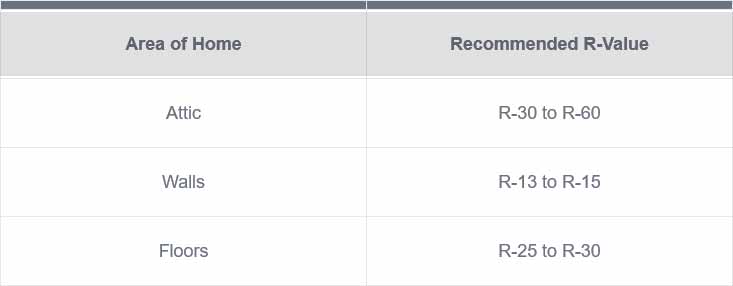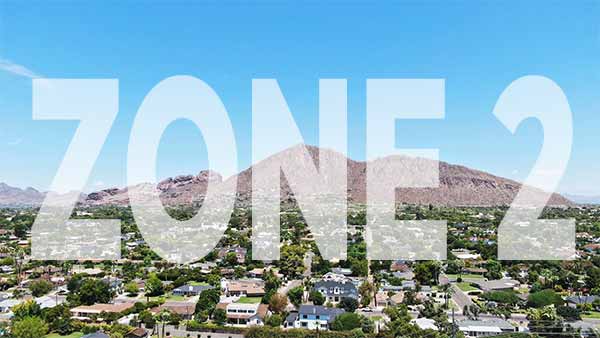One word you might have encountered while researching house insulation alternatives is “Zone 2.”
In terms of insulation, though, what is it, and why is it important?
Mesa Insulation Pros want to help you understand how Zone 2 is crucial to maintaining a comfortable and energy-efficient house, so let’s explore it and learn all about it.
Zone 2—what is it?
The United States Department of Energy (DOE) has classified several areas according to their climate, and one of these categories is Zone 2, which is relevant to insulation.
To maximize energy efficiency without sacrificing comfort, it is essential to determine the correct insulation levels in these zones.
Guess where Zone 2 is?
Certain portions of the United States fall under Zone 2, which includes the Southeastern and Southwestern regions.
Zone 2 includes cities in the southwest United States, such as Phoenix, Arizona.
Insulation is crucial for surviving these regions’ hot summers and mild winters.
What is the Significance of Zone 2 in Insulation?
Choosing the correct insulation for your house depends heavily on Zone 2. Insulation levels, denoted as R-values, have been suggested by the DOE for each zone.
Insulation’s performance is proportional to its R-value, which measures its capacity to resist heat flow.
A greater R-value indicates better insulation.
Rates of Return for Zone 2
A helpful table showing the recommended R-values for various areas of a Zone 2 home can be found here:

A more significant R-value is typically needed in the attic than in other parts of the house due to its high heat input and loss rates.
Because of this, your home will remain at a pleasant temperature throughout the hot summers and warm during the brief winters in Zone 2.
Making an Informed Insulation Decision
To achieve the best possible energy efficiency, choosing insulation materials with R-values that fall within the Zone 2 recommendation range is essential.
Insulation options well-known for their effectiveness in Zone 2 include fiberglass batts, cellulose, and spray foam.
The Takeaway
To insulate your home wisely, you need to know about Zone 2.
Using it as a reference, you can keep your house at a comfortable temperature all year round with less energy consumption.
You can make your home more energy-efficient and comfortable for your family by insulating it according to the R-values recommended for Zone 2.
Remember, our insulation experts can give you helpful, individualized advice when you need clarification on which insulation is best for your Zone 2 house.

